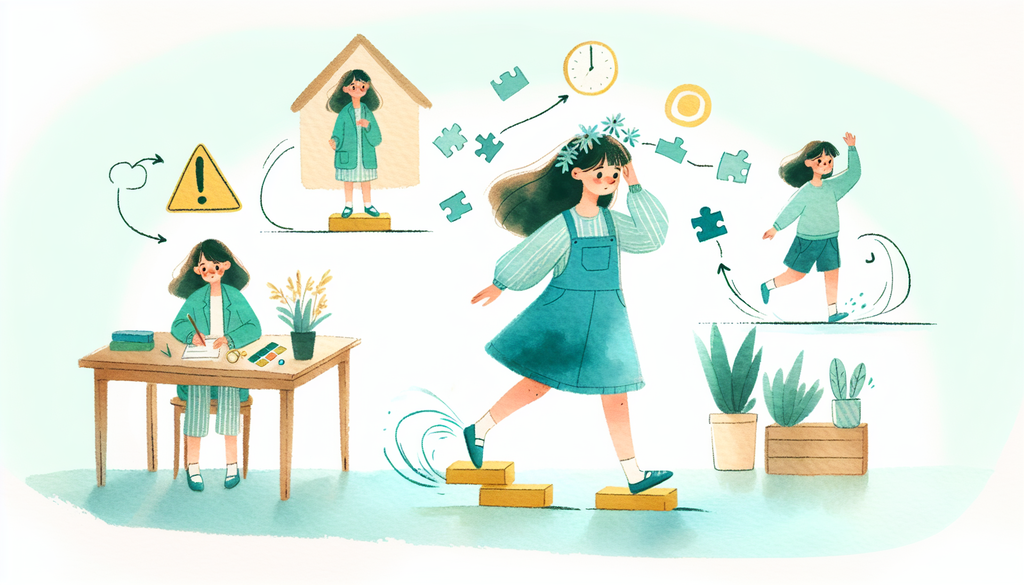Early Signs of ADHD in Children: What Parents Should Know

Every child is unique and brings their special qualities and talents to the world. It’s these differences that make them who they are. Some children, however, might require additional support to thrive - including those with Attention-Deficit/Hyperactivity Disorder (ADHD).
ADHD is a neurological disorder characterized by persistent patterns of inattention, hyperactivity, and impulsivity that interfere with daily functioning or development. If you notice that your child is finding it difficult to concentrate, is overly active, or acts without considering consequences, they might indicate early signs of ADHD.
To better understand ADHD, we previously discussed Effective Homework Strategies for Students with ADHD. But today, we will delve deeper into the early signs of ADHD in children and provide insights into the steps parents should take for proper diagnosis and intervention.
Early Signs of ADHD
Children with ADHD often show signs from an early age. Here are a few clues to look for in your child:
Difficulty Concentrating: Children with ADHD can easily become distracted and find it challenging to focus on one task for extended periods (source).
Fidgeting: Sitting still can be difficult for a child with ADHD. They often squirm, fidget, or bounce when in their seat.
Impulsiveness: This can manifest as interrupting others, having difficulty waiting their turn, or engaging in unsafe activities without considering the consequences.
Forgetfulness: Children with this condition may struggle with following instructions and often misplace items like toys or homework assignments.
For a comprehensive list of symptoms, consider visiting the American Academy of Pediatrics’ guidelines on ADHD.
Next Steps after Identifying Potential Signs
Recognizing these signs is just the first step. If you notice these symptoms persistently, we recommend the following steps:
Consult with a Healthcare Professional: This could be a pediatrician, psychiatrist, or a neurologist who can provide a comprehensive evaluation for your child (source).
Connect with School Personnel: Reach out to your child’s teacher to inform them about your concerns and observe if they notice similar behaviors in the classroom context.
Explore Therapeutic Approaches: From Cognitive Behavioral Therapy to art therapy, various approaches can be used to support children with ADHD.
Parenting a child with ADHD can present exceptional challenges, but you’re not alone in this journey. Recognizing the need for early intervention strategies is a staggering first step, and we’ve got a wealth of resources to help. For advice and strategies tailored to the siblings of children with similar conditions, consider our post on Supporting Siblings of Children with Autism.
Remember that addressing your child’s needs is not a one-time event but a journey. It’s okay to feel overwhelmed and unsure at times. Each step of the way, from coping with diagnosis to managing meltdowns, we’re here to support you.